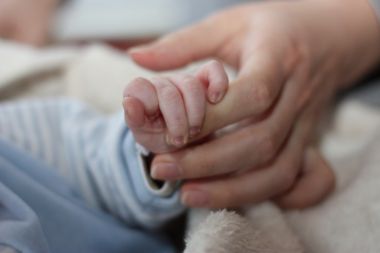UK Government criticised over three-parent embryo plans

Members of the Parliamentary Assembly of the Council of Europe have strongly criticised the UK Government for proposals to allow scientists to genetically engineer human embryos that would have three genetic parents.
The Government is considering introducing legislation to permit the engineering of human babies with a novel genome that could not exist naturally.
If the proposals get the go ahead, Britain would become the first country in the world to cross the ethical threshold of allowing more than two genetic parents.
Christian advocacy group CARE backs the European parliamentarians' criticisms - outlined in a Written Declaration - saying there are safety concerns about the techniques used in the process of modifying the human germline.
The proposals are being considered as a way of reducing the chances of a child being born with human mitochondrial disease.
However, CARE said the procedure would only reduce risk of transmission from mother to child, rather than cure it outright.
The procedure is not objected to in principle by the UK's Human Fertilisation and Embryology Authority but the body has called for more tests to be conducted to establish the safety of the procedure and noted that affected children will need to be monitored throughout their development and females to the next generation.
CARE says that the procedure contravenes the UNESCO Universal Declaration on the Human Genome and Human Rights, the EU Charter of Fundamental Rights and the European Convention on Human Rights and Biomedicine.
It is calling on the Government to reconsider introducing the legislation.
David Fieldsend, Manager of CARE for Europe, said: "Mindful of the growing concern of parliamentarians, bioethicists and scientists across the world at the UK's proposal to become the first country in the world to introduce legislation breaching this key ethical threshold, CARE would call on the British government to review its position and not to introduce legislation permitting these highly controversial procedures."











